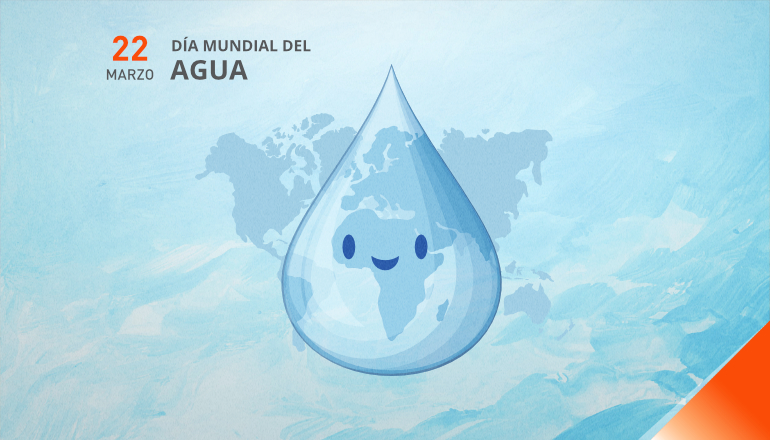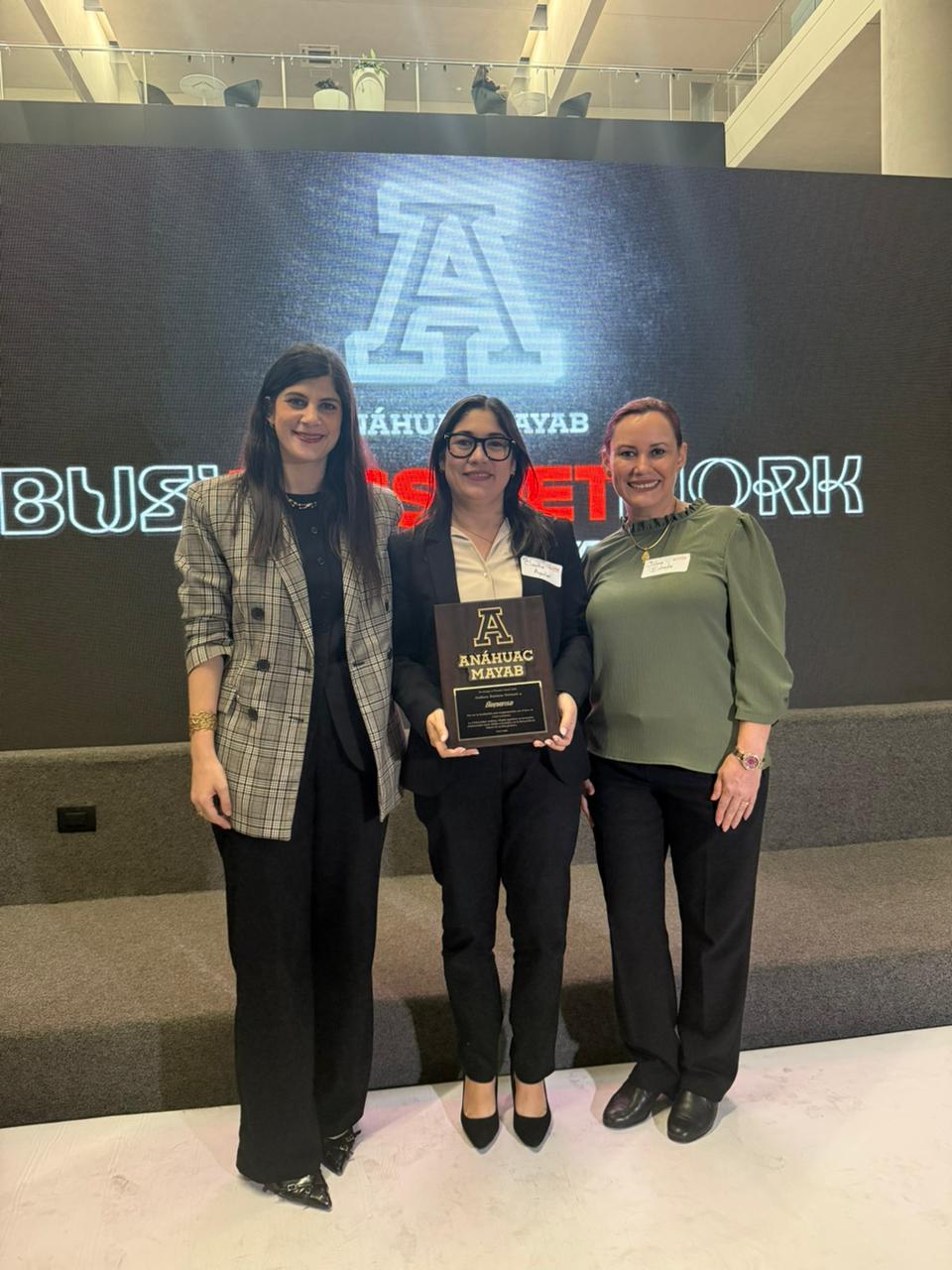Aligned with Sustainable Development Goal 6: Clean Water and Sanitation, which focuses on ensuring the availability of water and its sustainable management, as well as the sanitation of water bodies, at Bepensa we have a responsible strategy regarding water both in the management of our operations and within a large part of the social and environmental programs that we carry out through the Bepensa Foundation.
We are distinguished by our innovative approach and our focus on the environment in which we operate. We carry out a series of actions and initiatives aimed at fulfilling our commitments to protecting the planet, reducing our carbon footprint, and guiding our operations toward more eco-efficient management.
Through a careful strategy, we improve company performance and preserve and protect the environment.
Our Sustainability Manual establishes commitments to promoting environmental care and improvement, as well as compliance with any relevant regulations. We also have a Declaration of Environmental Care and Preservation and Environmental Management Policies, which define the strategic guidelines for our environmental commitment; these include the responsible and efficient use of water:
– Reduction of water consumption and use.
– Water recovery.
– Wastewater treatment.
– Reuse of treated water.
– Promotion of aquatic life using treated water.
– Water conservation campaign.
– Water balance.
– Equipment optimization and leak inspection.
These are in addition to other advances by the Mexican Coca-Cola Industry, such as returning more than 100% of the water used in its products to nature, reducing water consumption in its bottling plants by 36%, and returning more than 11 billion liters of water annually, equivalent to 5,000 Olympic-sized swimming pools, in addition to treating 100% of the industrial water derived from its production.
We also promote the conservation, recovery, care, and sanitation of bodies of water and their surrounding ecosystems through the Bepensa Foundation, with various programs focused on the environment.
Bioparque
It is a 10,000-square-meter demonstration green area where various environmentally friendly initiatives can be seen: recycling materials, using alternative energy sources, and reusing water from wastewater treatment processes.
Cenotes Program
In 2015, our Cenotes Program was launched, aiming to contribute to the conservation of these bodies of water so characteristic of the region. The program begins several days prior to the program with talks and workshops to raise awareness among the community. Expert divers, along with volunteers, then meet at the cenote to clean it over a period of four to six hours. The waste is then sorted and weighed for recycling.
Finally, the site surrounding the cenote is reforested with native trees. In 2020 alone, we added eight cenotes, providing a legacy of sustainability to the communities where they are located. Learn about our 2020 efforts at http://www.fundacionbepensa.org/el-programa-cenotes-suma-8-cenotes-durante-2020/
Scorpion Reef National Park
The Alacranes Program aims to restore corals in the Alacranes Reef National Park through the implementation of nurseries, or coral gardening, which consists of cultivating coral fragments in nurseries and subsequently transplanting them to degraded reefs. This practice has been successfully applied at various scales. On a global scale, climate change is the main threat to reef systems, and these measures help to reverse, to a small extent, the degradation of these ecosystems, so important for marine life in the oceans.
Coastal Collection and Beach Cleanup Program
Since 2010, the Bepensa Foundation has supported community groups of women in the ports of Dzilam Bravo and Sisal, who collect and stockpile recyclable materials to earn additional income for their families through sales to the Foundation. This program aims to collect plastic waste from the coasts of Dzilam and Sisal, which would otherwise invade the coastline and mangroves.
ReQPET
It's proven that the majority of waste that ends up in the oceans comes from cities, which is why we have implemented a comprehensive PET waste recovery program whose main objective is to positively impact the conservation of the natural environment for future generations, through environmental and ecological education to develop recycling habits and disseminate the circular economy model that works in the communities where Bepensa operates. More than 450 collection points across the peninsula have joined this project, including schools, private institutions, businesses, and restaurants, which invites the general public to deposit their PET waste at the nearest collection points, which can be found on the following page: www.convdevuelta.mx
PetStar
All PET recovered through our programs is collected and sent to Petstar, the world's largest food-grade PET recycling plant, located in Toluca and part of the Coca-Cola Mexican Industry. All recovered material is processed to form raw material for the manufacture of new PET products, thus integrating a sustainable circular economy.
By recovering 6 out of every 10 bottles we put on the market, Petstar can process 3.1 billion bottles annually, equivalent to filling the Aztec stadium 2.4 times or building the pyramid of Chichén Itzá 5.6 times larger. All of this recovered PET is PET that doesn't reach the water, oceans, cenotes, or groundwater, providing clean water sources in the communities where we operate.
Learn more about the Petstar Experience at https://experienciapetstar.mx/
For its part, the IMCC, through the Coca-Cola Foundation, points out that water conservation and availability have been part of the company's commitments throughout its history. Thus, through the joint work between the Coca-Cola Foundation and Pronatura, nearly 500,000 people in various communities have benefited through access and conservation programs. It also highlights the results of the National Reforestation and Water Harvesting Program, through which, since 2007, more than 79 million trees have been planted, contributing to the absorption of water into the soil, thus replenishing springs, rivers, and lakes. This, in turn, has contributed to the creation of more than 115,000 jobs.
The IMCC will invest more than $170 million pesos to bring clean water to communities, starting with the construction of four nature-based wetlands to supply clean water in communities in the State of Mexico, Baja California, Jalisco, and Quintana Roo. The wetlands will be linked to productive projects, which provide income for the livelihood of Mexican families.
At the international level, Bepensa Dominicana is part of the Latin American Water Funds Alliance to create the "Water for the Future" program, which aims to promote and finance conservation projects in six countries in the region (Colombia, Costa Rica, Ecuador, Guatemala, Panama, and the Dominican Republic), with the goal of replenishing or returning to nature the volume of water equivalent to the amount used in the production of its products.
Learn more at https://www.bepensa.com/bepensa-blog/reabastecimiento-hidrico-y-conservacion-de-cuencas-en-la-republica-dominicana/
We are also working on water supply and watershed conservation in the Dominican Republic. Our goal is to supply 561,555 cubic meters of water. This work is being carried out in the Nizao, Haina, and Yaque del Norte river basins, through conservation activities on 558 hectares. Learn more about our efforts in the Dominican Republic at https://www.bepensa.com/bepensa-blog/reabastecimiento-hidrico-y-conservacion-de-cuencas-en-la-republica-dominicana/
At Bepensa, we know that every drop of water is vital to life on our planet. That's why, on World Water Day, we want to reaffirm our commitment to the environment and the bodies of water in all the communities where we operate.
Learn more about our water actions as part of the Mexican Coca-Cola Industry at https://www.coca-colamexico.com.mx/noticias/comunidad/hablemos-de-agua-cada-gota-cuenta



